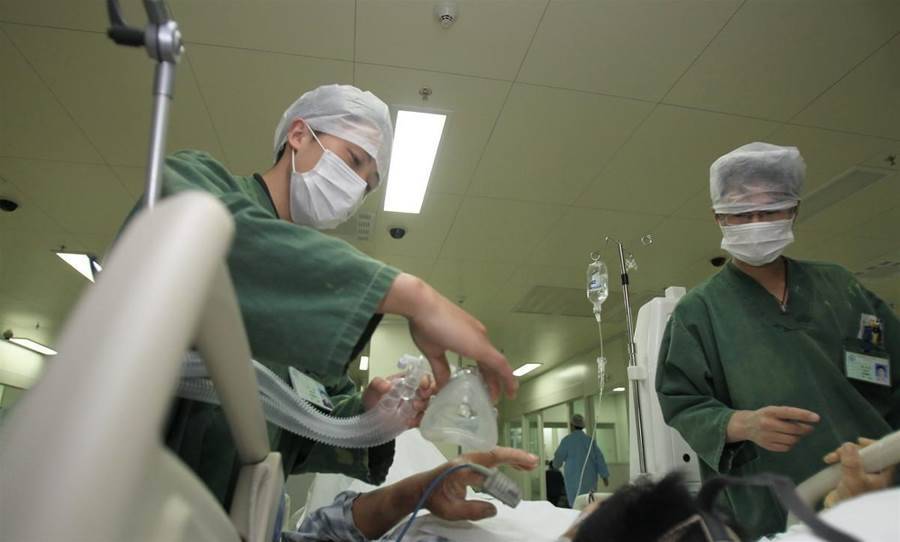
Colon cancer is one of the common malignant tumors of the digestive tract, ranking fifth among the most common cancers among Chinese people.
Early colon cancer often has a better prognosis, but unfortunately most people are already in the middle and late stages when discovered, making treatment difficult and the prognosis poor. Therefore, the prevention and early detection of colon cancer are very important.
How do we identify colon cancer? What symptoms will appear in the early stage? Today, "Ask the Doctor" will take you to find out.

Where is the colon? What is colon cancer?Our digestive system is composed of sections of tubes, from top to bottom, the mouth, esophagus, stomach, duodenum, small intestine, large intestine and rectum and anus.
The colon is located in the front section of the large intestine, connected to the small intestine above and the rectum below. Its main function is to absorb water, store and excrete feces.
You must know that before entering the large intestine, feces are watery and shapeless.
The colon is divided into five parts from right to left: cecum, ascending colon, transverse colon, descending colon, and sigmoid colon (looks like a B).
Cancer that occurs in any part of the body is called colon cancer.

The article is not finished. Click on the next page to continue.
The article is not finished. Click on the next page to continue.
Next page


















